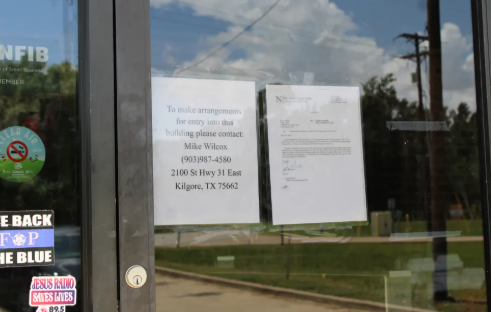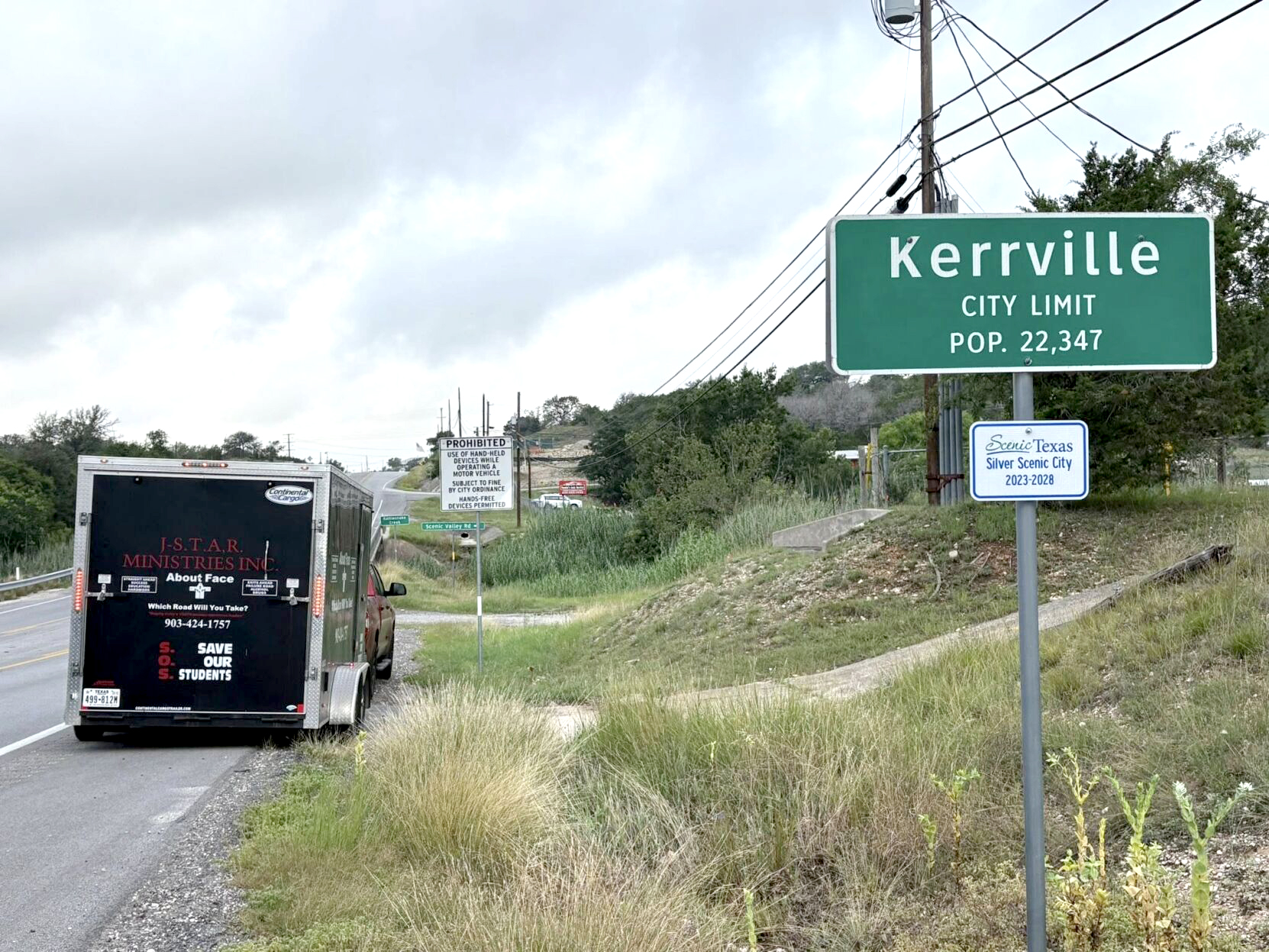Time is running out for Argentina’s reformist president
Published 11:55 am Friday, September 13, 2019
The final week of October looms as a fateful moment for the institutions that defined the post-World War II era. One obvious reason is British Prime Minister Boris Johnson’s aspirational Halloween deadline for his country’s departure from the European Union, with or without a deal. A less spectacular but nevertheless vital showdown will take place on Oct. 27 in Argentina.
On that date, Argentine voters will decide whether to reelect President Mauricio Macri or return power to the Peronist populists who ruled between 2003 and 2015, compiling a record of economic decay, spectacular corruption and international isolation. Macri replaced them four years ago on a promise to restore the rule of law, to come to terms with international creditors and end Argentina’s alignment with the Venezuelan-led anti-U.S. bloc in Latin America. Though neither the International Monetary Fund nor its Western supporters, led by the United States — under both President Donald Trump and President Barack Obama — is on the ballot, their backing for Macri and his program makes this a de facto referendum on their global stewardship as well.
Trending
At the moment, Macri’s prospects appear grim. The country is experiencing one of its all-too-familiar financial crises, triggered ironically by the growing chance that he will not be reelected. In an Aug. 11 primary election, the populist Peronists scored a surprisingly easy 15-point win. The specter of their return to power caused a run on the Argentine peso. This, in turn, forced Macri to resort to some of the statist policies — such as capital controls — that he had promised to abandon, to stem the short-term outflow of money. Even before his defeat in this first-round vote, which might well portend a defeat for him in the October second round, Macri had been struggling to implement his free-market proposals. Last year, a spike in inflation led to capital flight and Macri had to tap the IMF for $56.3 billion in fresh lending.
Partly it was a rise in U.S. interest rates that caused Macri’s problems; but partly he is to blame, for attempting to administer the painful medicine of economic reform gradually, so as to preserve his political popularity. In hindsight, what he and his supporters in Washington and the IMF appear to have accomplished is to impose just enough reform to anger those in Argentina who pay for it in the short run, but not enough actually to fix the country’s chronic problems.
Those problems are indeed chronic, and the potential flameout of yet another would-be reformer, dispiritingly repetitive. Still, the IMF was right to announce that it would “stand with Argentina during these challenging times.” Macri has a few weeks more to show his people that he, and his international backers, have credible plans, and to drive home the larger rationale of his presidency: Bad as the situation is now, returning the Peronists to power in Buenos Aires would make matters no better and probably make them worse.
— The Washington Post






